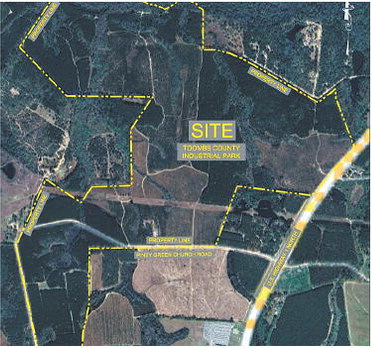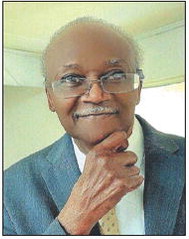JQC Schedules Hearing In Judge Reeves Case
The Judicial Qualifications Commission ( JQC) has filed a scheduling order to go forward with hearings regarding the formal charges filed against Chief Superior Court Judge Robert Reeves on November 16, 2022. These hearings will determine whether a need for further action regarding the charges is necessary.
Judge Reeves was elected to the Superior Court in 2007, and has served as the Chief Superior Court Judge in Candler, Emanuel, Jefferson, Toombs, and Washington Counties since 2020. He is accused of making improper and intemperate comments and improper gender-based comments, having improper contact with court personnel, and fundraising for and promotion of an advocacy center, all of which led to alleged violations of the judicial code.
Upon receiving the formal complaints that led to the charges being filed, the JQC’s Investigative Panel concluded that, “Formal charges continued from page
should be filed for the purpose of determining whether Judge Reeves has violated the Code of Judicial Conduct, and if so, whether he has committed willful misconduct in office, exhibited habitual intemperance, and whether his conduct is prejudicial to the administration of justice such that it brings the judicial office into disrepute.”
The JQC presented Reeves with the charges on November 16, 2022. Charles Boring, Director of the JQC, who filed the notice of formal charges, requested that proceedings be instituted for the purpose of determining whether Judge Reeves’s conduct constitutes violations of the Code of Judicial Conduct, and if so, the appropriate discipline. Reeves was required to answer the charges within 30 days, as the group said failure to do so would deem the judge as being guilty.
Reeves’s legal counsel filed a request for an extension of deadline for the response, which was granted by the JQC, moving the new deadline to January 6. Reeves filed his response on the new due date.
In his response, Reeves thoroughly discussed each reported incident – denying that any violations of the Georgia Code of Judicial Conduct. He shared his hope that all matters alleged in the complaints were dismissed, that all costs be assessed against the JQC, and that he would receive such other and further relief to which he may be entitled.
Following that response, legal counsel for Judge Reeves and the JQC joined a scheduling teleconference with the presiding officer of the JQC’s Hearing Panel. Several deadlines were solidified: April 3: Parties should exchange lists of witnesses believed to have knowledge of the facts of this case and should provide each other with all “other evidence,” such as non-privileged evidence relevant to the formal charges, documents to be presented at the hearing, and non-privileged witness statements and summaries of interviews with witnesses who will be called at the hearing.
April 28: Parties should exchange lists of witnesses they intend to call at the final hearing in this case.
May 15: Charge-dis positive motions are to be filed.
June 12: Responses to charge-dispositive motions are to be filed.
The date for the final hearing will be determined at a later date, after further consultation with the parties involved. This hearing will determine whether Judge Reeves’s case is to go to trial. If the case goes to trial, any decision may be appealed in lower courts until it is overseen by the state Supreme Court, which will make the final decision. Because of this, the case may take up to two years to be concluded. If Judge Reeves is found guilty, possible outcomes of these claims are retirement, censure, and suspension or removal from office. Unless disciplinary action is taken by the JQC or Supreme Court, he will continue to serve on the bench.






